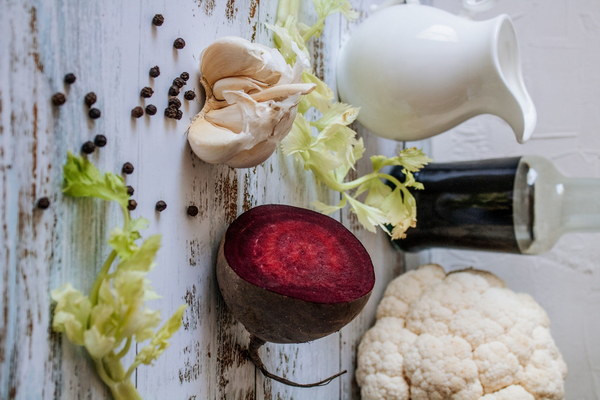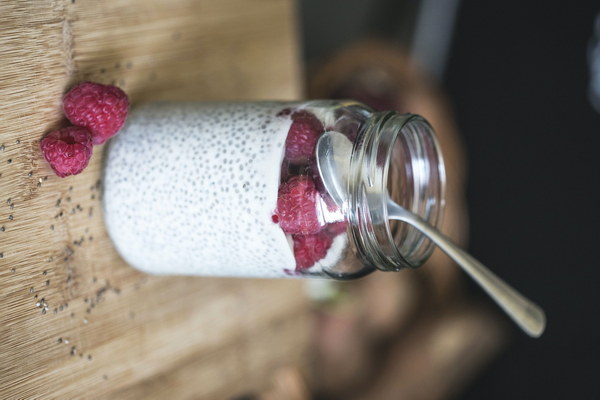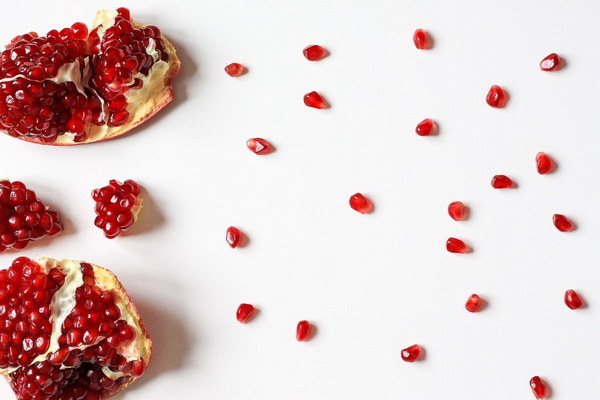Rejuvenating Your Health Post-Night Owl's Guide to Nutritional Recovery
Introduction:
As the sun sets and the night owls among us come alive, it's common to find ourselves staying up late into the night, indulging in the joys of the night. However, this late-night lifestyle can take a toll on our bodies and health. If you're a night owl who often finds yourself hitting the snooze button in the morning, it's essential to replenish your body with the right nutrients. In this article, we will explore how to effectively nourish your body after a night of staying up, ensuring you're well on your way to recovery.
1. Hydration is Key:
One of the first steps to recovery after a night of staying up is to rehydrate. Dehydration can exacerbate fatigue and hinder your body's ability to recover. Start your day with a glass of water, and throughout the day, drink plenty of fluids. If you prefer, add a slice of lemon or cucumber to add some flavor.
2. Eat a Balanced Breakfast:
A nutritious breakfast can help kickstart your metabolism and provide the energy needed to combat the fatigue caused by lack of sleep. Include a variety of food groups in your breakfast, such as whole grains, lean proteins, healthy fats, and fruits or vegetables. Some excellent options include a bowl of oatmeal topped with fresh berries and nuts, a Greek yogurt parfait with granola, or a veggie omelet with whole-grain toast.
3. Focus on Nutrient-Rich Foods:
To replenish your body after a night of staying up, it's crucial to focus on nutrient-rich foods. Incorporate the following into your diet:
a. Antioxidants: These powerful compounds help combat oxidative stress caused by lack of sleep. Include foods rich in antioxidants such as berries, dark chocolate, nuts, and green leafy vegetables.
b. B Vitamins: B vitamins play a vital role in energy production and recovery. Consume foods like avocados, eggs, lean meats, and whole grains to ensure you're getting enough B vitamins.
c. Magnesium: Magnesium is a mineral that can help regulate sleep patterns and reduce stress. Foods rich in magnesium include almonds, cashews, leafy greens, and whole grains.
d. Iron: Iron deficiency can lead to fatigue and weakness. Incorporate iron-rich foods such as lean red meat, poultry, fish, beans, lentils, and fortified cereals into your diet.
4. Opt for Small, Frequent Meals:
Eating small, frequent meals can help maintain your blood sugar levels and provide a steady supply of energy. This approach also helps prevent overeating and promotes better nutrient absorption. Plan your meals and snacks throughout the day to keep you energized and satisfied.
5. Stay Away from High-Sugar and High-Caffeine Foods:
While it may be tempting to reach for a high-sugar or high-caffeine snack to boost your energy levels, these foods can cause a quick spike followed by a crash, leaving you feeling even more tired. Avoid these foods and opt for healthier options like nuts, yogurt, or fruit instead.

6. Prioritize Sleep:
Although it may seem counterintuitive, getting enough sleep is essential for recovery. Establish a consistent sleep schedule and create a relaxing bedtime routine to improve the quality of your sleep. Aim for 7-9 hours of quality sleep each night.
Conclusion:
Recovering from a night of staying up requires a combination of proper nutrition, hydration, and adequate sleep. By focusing on nutrient-rich foods, maintaining hydration, and prioritizing sleep, you can effectively replenish your body and bounce back from those late-night adventures. Remember, taking care of your body is essential to maintain your health and well-being.









